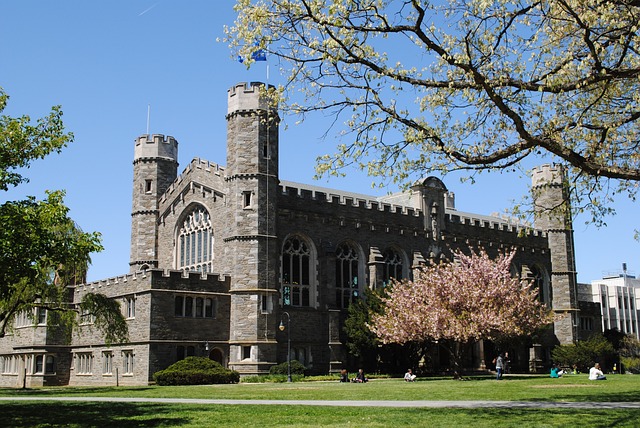
In the realm of higher education, the term “national university” carries significant weight and prestige. These institutions stand as pillars of academic excellence and innovation, serving as beacons of knowledge and progress within their respective countries. But what exactly defines a national university, and what sets them apart from other institutions? Let’s delve into the world of national universities to uncover their unique characteristics and the myriad benefits they offer to students, researchers, and society as a whole.
Understanding National Universities
National universities are educational institutions that receive significant funding and support from the government of their respective countries. Unlike private universities, which rely primarily on tuition fees and donations for funding, national universities often benefit from government subsidies and allocations to sustain their operations and pursue their academic missions.
These universities typically play a pivotal role in advancing research and development, fostering innovation, and addressing societal challenges. They often house state-of-the-art facilities, attract top-tier faculty members, and offer a wide array of academic programs spanning various disciplines.
Academic Excellence and Prestige
One of the defining features of national universities is their commitment to academic excellence and prestige. These institutions uphold rigorous academic standards and are often ranked among the top universities globally. Their reputation for excellence attracts talented students and scholars from around the world, creating vibrant and intellectually stimulating academic communities.
National universities are renowned for their cutting-edge research initiatives, groundbreaking discoveries, and contributions to knowledge creation. Whether in the fields of science, technology, humanities, or social sciences, these institutions serve as hubs of innovation and intellectual inquiry, driving progress and shaping the future of their respective disciplines.
Access to Resources and Opportunities
Students enrolled in national universities benefit from access to a wealth of resources and opportunities that facilitate their academic and personal growth. From state-of-the-art laboratories and research centers to extensive library collections and internship programs, these institutions provide a conducive environment for learning, exploration, and skill development.
Moreover, national universities often boast strong industry connections and partnerships, offering students valuable networking opportunities and real-world experiences. Whether through collaborative research projects, industry placements, or mentorship programs, students can gain practical insights and hands-on experience that enhance their academic studies and prepare them for future career endeavors.
Driving Societal Impact and Innovation
Beyond their academic pursuits, national universities play a crucial role in driving societal impact and innovation. Through research endeavors, community outreach initiatives, and partnerships with government agencies and industry stakeholders, these institutions address pressing challenges facing society and contribute to the advancement of knowledge and technology.
From pioneering medical breakthroughs to developing sustainable solutions for environmental conservation, national universities are at the forefront of tackling complex issues and driving positive change. Their multidisciplinary approach and interdisciplinary collaborations enable them to offer holistic solutions that address the multifaceted nature of modern-day challenges.
Conclusion
In conclusion, national universities represent the pinnacle of academic excellence, innovation, and societal impact. These institutions serve as engines of progress and enlightenment, empowering individuals to realize their full potential and contribute meaningfully to the advancement of society. By fostering a culture of excellence, collaboration, and inquiry, national universities shape the future leaders, thinkers, and innovators who will navigate and shape the complexities of our ever-changing world.





